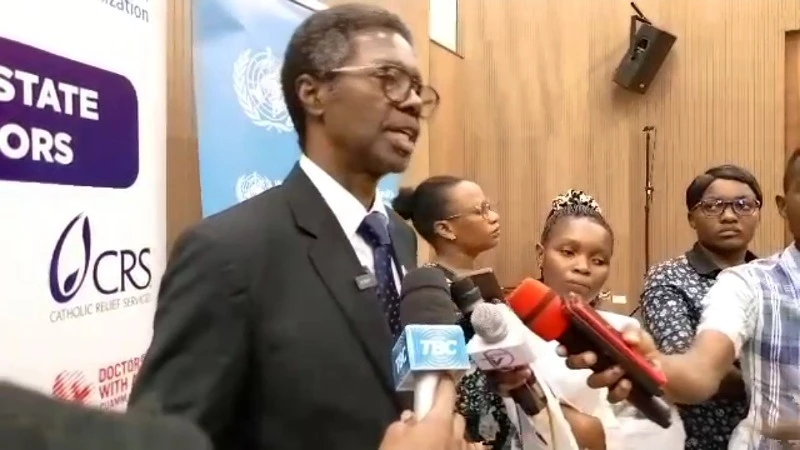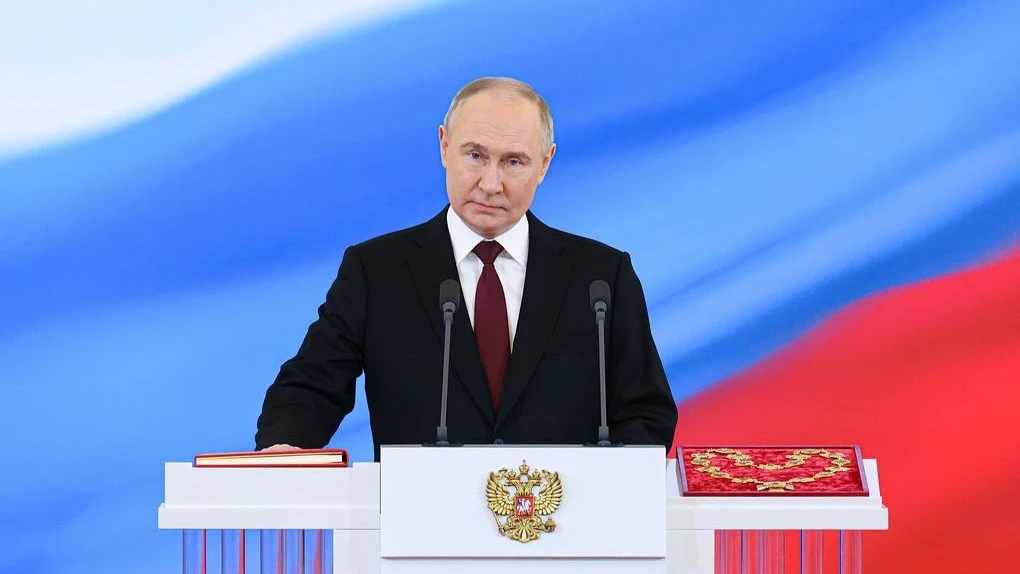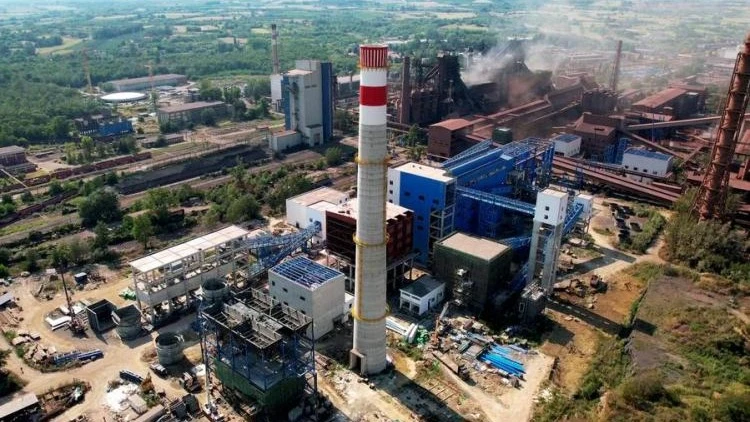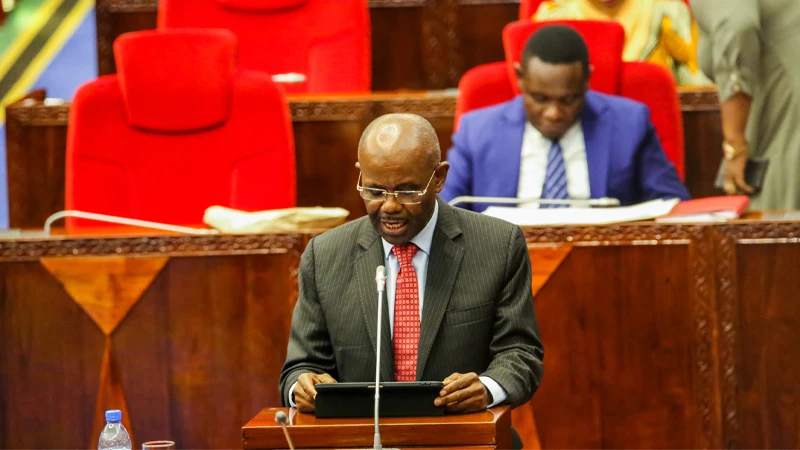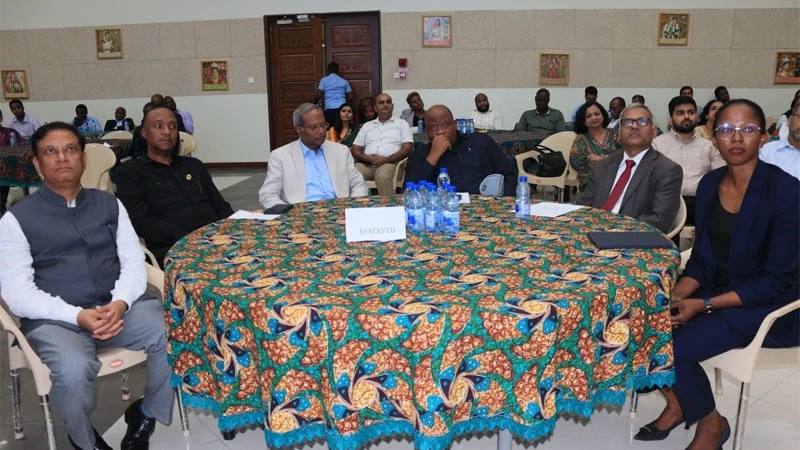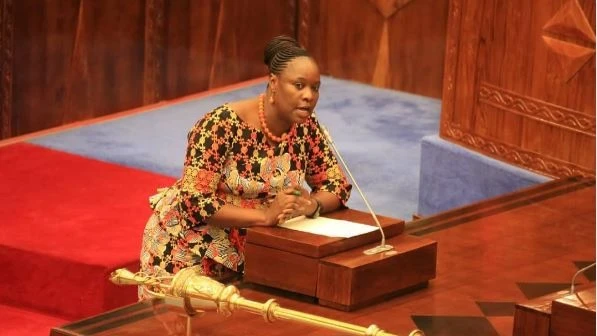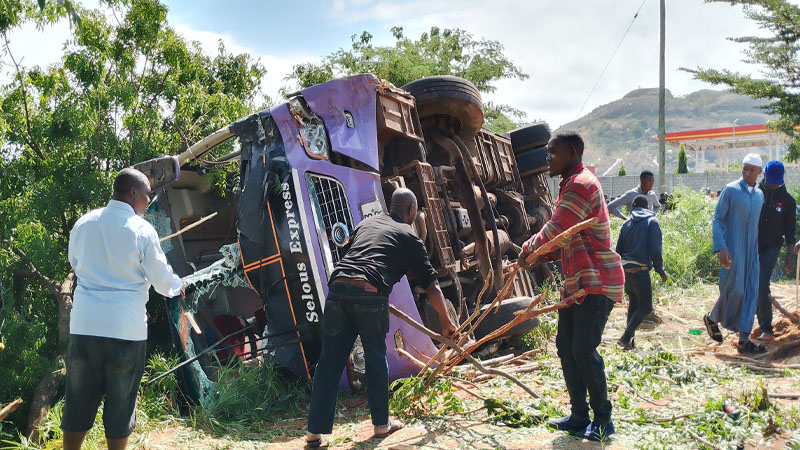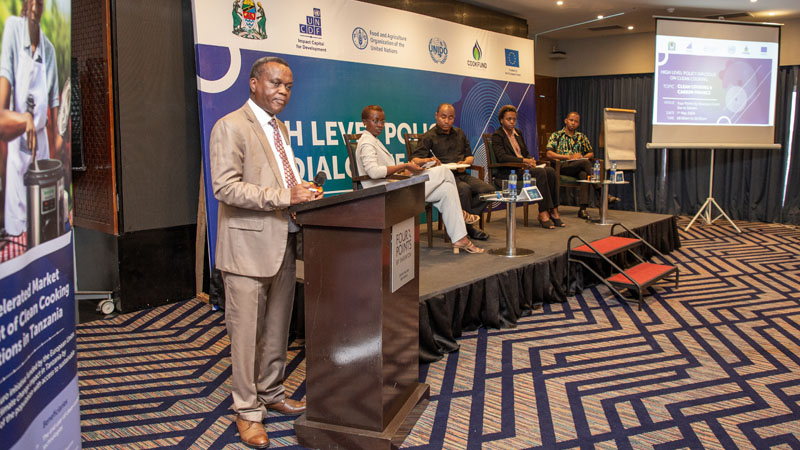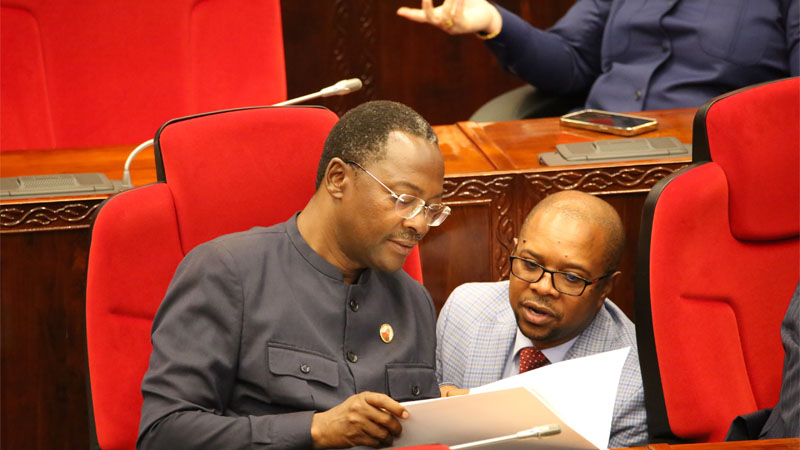Valuing waste pickers not hard, but the demand note
WE obviously should do much better than looking down on waste pickers since they play a vital role in safeguarding the environment.
In standard street idiom across the country but particularly in our urban areas, picking discarded bottles, cans and tins is often a sign that someone is out of his or her mind.
That is, until one realises that it is a sphere where one can earn some money – however small the amount – without having to be employed by anyone. In that case, it would imply that those seen to be mentally disturbed surely think of survival.
There was recently a weekend event in Dar es Salaam to commemorate Global Waste Pickers Day. It brought together officials – yes, not the waste pickers per se but those who pay them.
Several companies turned up for that event, from those literally engaged in recycling to those with wider aims – the likes of JUZA Waste Pickers Initiative and Human Dignity and Environmental Care Foundation (HUDEFO). Not that many of us were aware of such activist groups.
There will be pros and cons as to what the meeting was out to discuss, which was chiefly to find ways of addressing the negative perceptions society has towards waste pickers, as indeed such individuals do a good job of keeping the environment clean.
The issue isn’t really that anyone detests waste pickers but rather in relation to the pros and cons of having a special scheme to help one be assured of some form of survival.
For sure, some regular waste pickers doing various domestic chores rented places and they are not doing badly.
Without wishing to pick on that event, there is worry if there was really an issue they were trying to solve – for instance, observing that without waste pickers, all manner of garbage would be scattered all over the place.
Thus, society needs to show it supports their work, where one participating firm said that it had handed over equipment to 80 individuals to help them “overcome the challenges they face in waste collection”.
Even less clearly, having such equipment would likely help society recognize and acknowledge the waste collectors’ work rather than look down upon them.
No one will say that there are no individuals with this or that attitude as there is virtually anything good or bad within individuals amidst large numbers of people which one doesn’t have to care so much about.
The issue is whether direct denigration or exclusion occurs owing to the particular kind of work, and the response is in the negative just as long as one takes precautions about cleanliness after uploading or downloading garbage in a refuse truck.
We aren’t a discriminatory society; we have less of colonial stereotypes of ‘rodent officers’ versus rat catchers.
When one consults the government to see how it can support these people, the objective is unclear: what one needs from the government is freedom to do the job, and the pay is agreed with the recyclers.
When third parties like companies come in to look for auxiliary action, one suspects that they want higher waste collection fees ostensibly to help those actually doing the job as it is decisive in its environmental impact.
This is faulty as each job has its challenges and pains, and market pressure is what pushes each to a specific task.
SADC army chiefs at Goma might not be a turning point
THINGS are moving rather rapidly in the eastern part of the Democratic Republic of Congo, with top army officers from the southern Africa regional bloc having visited regional capital Goma at the weekend amid fighting between government troops and M23 rebels.
That the defence chiefs of staff in the bloc held a high-level meeting in the city, capital of the embattled North Kivu province, was symptomatic of genuine desire to fully unite DRC territory. But assurance was given that the bloc would this time go sufficiently far in that quest.
A top Congolese army spokesman said the meeting focused on assessing the progress of operations on the ground and fine-tuning strategies for strengthening the various units.
Media units reporting the event quoted the spokesman as having affirmed that the visit by the defence chiefs of staff was a strong signal of commitment and determination by the Southern African Development Community (SADC) member states alongside Burundi and the DRC.
It was the first coordination meeting of its kind since the deployment of SADC troops in North Kivu.
Those with at least a rough idea of the diplomatic windings on the issue would admit that this newly rediscovered commitment has come a long way.
It is a complicated event because there are two related situations, one of which is available to SADC action or other regional alliances with the legitimate Congolese authorities, and the other is strictly for themselves to sort out.
What SADC can do is to check infiltration of foreign troops into DRC and even wag a finger at interested parties as it is currently evident, but not much more.
Most observers noted that the meeting came two days after SADC armoured vehicles were hit during an M23 attack on Friday, as the generals visited the strategic town of Saké. The rebels were reported to have thrown five bombs, killing and wounding several people.
In a sense, this was in the midst of chaos, and it was hard to distinguish between ending the chaos and sorting out the problem.
Yet the combined team’s brief but specific mission is about ending the chaos, chiefly incessant attacks on the civilian population as the province is the rebels’ playground.
Tracking issues in the other sphere, that of problems arising from Congolese political loyalties and especially the interests at play in the restive province, would be hard for anyone to be sure about anything.
One factor that has until now eluded analysts is whether government authorities in Kinshasa were really keen on ending the conflict there, or merely use it to buttress fledgling loyalties for those in power.
This issue was raised several times during the two decades of the Joseph Kabila presidency and as stridently during President Félix Antoine Tshisekedi Tshilombo’s first term of office – from 2018 through 2023.
Ridding the north east of rebel armies was always close to what the president was saying – for instance, in replacing civilian administrators and placing military governors – but no semblance of change appears to have taken place.
If anything, the military may have had its own agenda on the issue – which expresses its outward profile not in profits and losses in illegal mining units but rather in human rights violations. Orders to the population, interested parties, can be clumsily enforced.
Top Headlines
© 2024 IPPMEDIA.COM. ALL RIGHTS RESERVED







